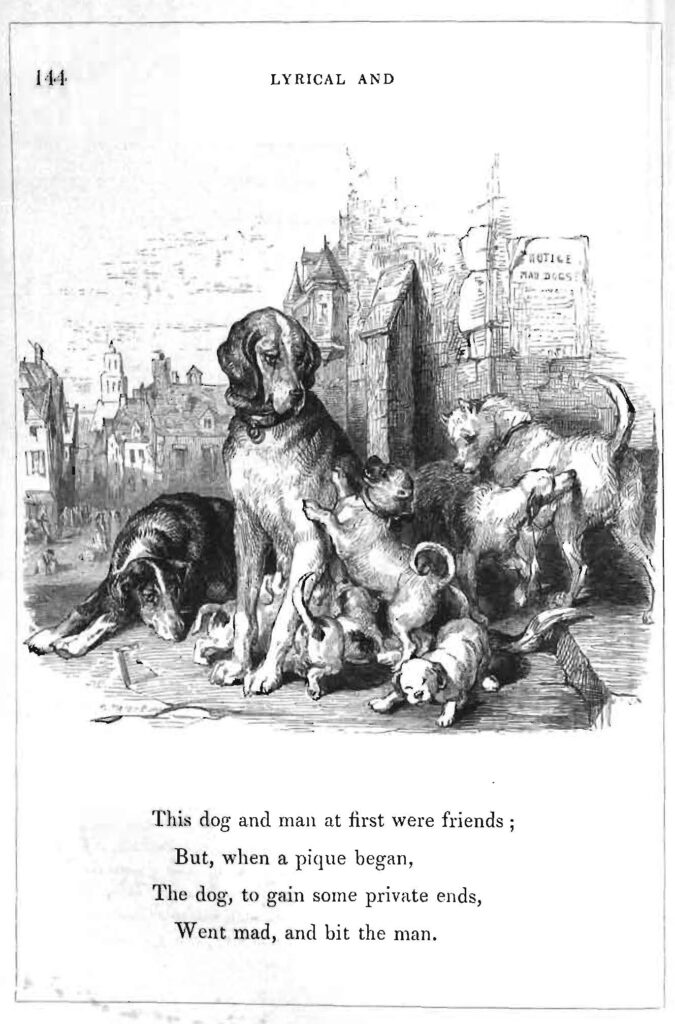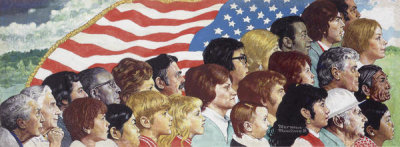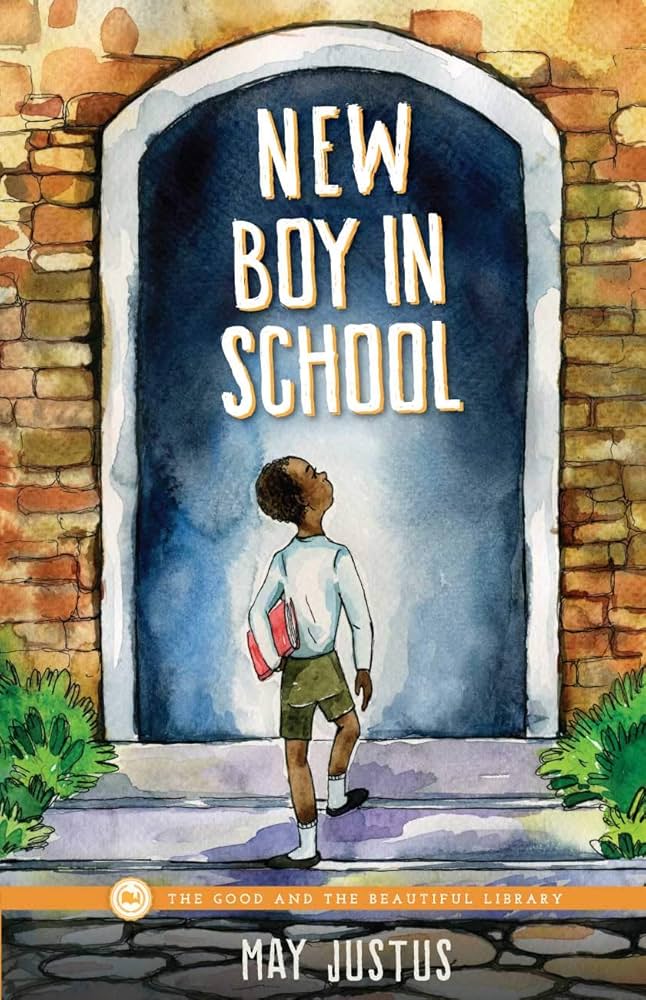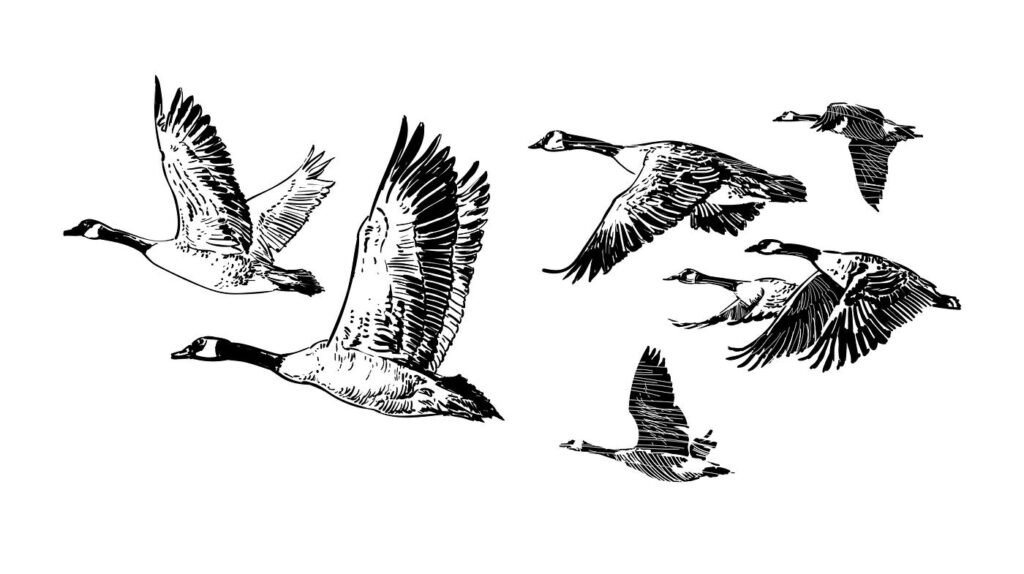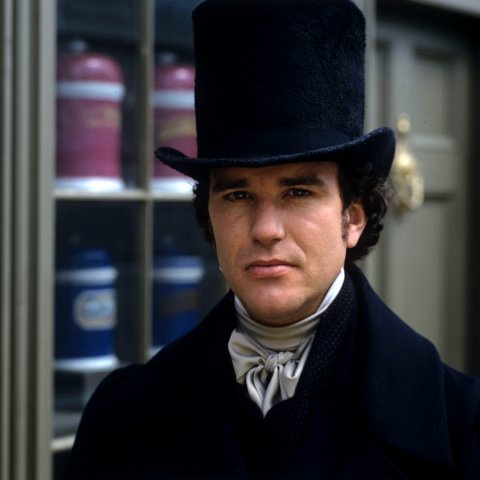Note: If you wish to receive, via e-mail, (1) my weekly newsletter or (2) daily copies of these posts, write to me at [email protected]. Comments may also be sent to this address. I promise not to share your e-mail with anyone. To unsubscribe, write here as well.
Sunday
Our church this year has been hosting a weekly lecture series for Adult Sunday School entitled “This Fragile Earth, Our Island Home.” The phrase is taken from a prayer of thanksgiving, sometimes humorously called “the Star Trek Prayer,” which reads, “At your command all things came to be: the vast expanses of interstellar space, galaxies, suns, the planets in their courses, and this fragile Earth, our island home.” Whenever I hear it, I think of Carl Sagan’s “pale blue dot,” which shows the earth as a microscopic speck lost in space when photographed by Voyager 1 in 1990.
The series has drawn liberally from Sewanee College’s environmental studies faculty. As we’ve been introduced to everything from the flora and fauna of our Appalachian plateau to the intricacies of the human cellular structure, I find myself shaking my head at creation’s marvels. The more science discovers, the more wondrous it seems. “And God saw that it was good” would strike us as an understatement were it not God that was making the assessment.
I’ve already contributed one talk to the series—”Sir Gawain and the Green Knight as a Christmas Tale”—and today I will discuss “The Environmental Vision of Barbara Kingsolver.” In today’s post I share that part of my talk that deals with how, in Flight Behavior, Kingsolver finds room for an environmental consciousness within a Christian fundamentalist congregation.
Such congregations are often “dominionist”—which is to say, they focus on human domination of the environment. Many of Trump’s Christian supporters appear to have no problem with his desire to “drill, baby, drill,” to give away the national parks to mineral companies, and to clearcut the nation’s forests. There are a couple of these Christians within Kingsolver’s novel.
When climate change shifts a large monarch population from Central America to the Tennessee mountains, however, religion trumps capitalism in unexpected ways. I borrow from a previous post on the book to describe how, when God’s glory takes the form of millions of gorgeous butterflies, some disciples of Christ begin to part ways with disciples of Mammon.
The novel begins with the feisty protagonist, Dellarobia, on her way up a mountain to commit adultery, even though she’s aware that it will blow up her marriage. Suddenly, however, she encounters a great brightness, which stops her in her tracks. As she is not wearing her glasses, she doesn’t know that climate change and giant landslides have forced monarch butterflies to relocate. To her, the butterflies resemble a forest fire without the heat or the noise. While not particularly religious, she turns to the Bible for ways to express the moment:
A small shift between cloud and sun altered the daylight, and the whole landscape intensified, brightening before her eyes. The forest blazed with its own internal flame. “Jesus,” she said, not calling for help, she and Jesus weren’t that close, but putting her voice in the world because nothing else present made sense. The sun slipped out by another degree, passing its warmth across the land, and the mountain seemed to explode with light. Brightness of a new intensity moved up the valley in a rippling wave like the disturbed surface of a lake. Every bough glowed with an orange blaze. “Jesus God,” she said again. No words came to her that seemed sane. Trees turned to fire, a burning bush. Moses came to mind, and Ezekiel, words from Scripture that occupied a certain space in her brain but no longer carried honest weight, if they ever had. Burning coals of fire went up and down among the living creatures.
For the record, here’s the complete passage from Ezekiel (1:4-14):
As I looked, behold, a storm wind was coming from the north, a great cloud with fire flashing forth continually and a bright light around it, and in its midst something like glowing metal in the midst of the fire. Within it there were figures resembling four living beings. And this was their appearance: they had human form. Each of them had four faces and four wings. Their legs were straight and their feet were like a calf’s hoof, and they gleamed like burnished bronze. Under their wings on their four sides were human hands. As for the faces and wings of the four of them, their wings touched one another; their faces did not turn when they moved, each went straight forward. As for the form of their faces, each had the face of a man; all four had the face of a lion on the right and the face of a bull on the left, and all four had the face of an eagle. Such were their faces. Their wings were spread out above; each had two touching another being, and two covering their bodies. And each went straight forward; wherever the spirit was about to go, they would go, without turning as they went. In the midst of the living beings there was something that looked like burning coals of fire, like torches darting back and forth among the living beings. The fire was bright, and lightning was flashing from the fire. And the living beings ran to and fro like bolts of lightning.
Dellarobia believes that she has received a sign:
This was not just another fake thing in her life’s cheap chain of events, leading up to this day of sneaking around in someone’s thrown-away boots. Here that ended. Unearthly beauty had appeared to her, a vision of glory to stop her in the road. For her alone these orange boughs lifted these long shadows became a brightness rising. It looked like the inside of joy, if a person could see that. A valley of lights, an ethereal wind. It had to mean something.
She does not believe the sign is from God, however. Her view of God does not acknowledge God’s care for the sparrow, and her thinking reveals her low self-esteem:
By no means was she important enough for God to conjure signs and wonders on her account.
Nevertheless, Dellarobia has a “road to Damascus” experience, and she determines to turn her life around:
She could save herself. Herself and her children with their soft cheeks and milky breath who believed in what they had even if their whole goodness and mercy was a mother distracted out of her mind. It was not too late to undo this mess. Walk down the mountain, pick up those kids. The burning trees were put here to save her. It was the strangest conviction she’d ever know, and still she felt sure of it.
The vision can’t only be for herself. Her father-in-law, a money-grubbing farmer named Bear, is prepared to irresponsibly clear-cut the timber, and Dellarobia must keep him from doing so. Without admitting that she has been up the mountain (which would reveal her adultery plans), she suggests to her husband that he check out the forest first. When he and his parents discover the butterflies, they become convinced that God has sent her a vision. They receive further confirmation of this when she appears to be visited by the Holy Spirit. The passage evokes John’s baptism of Jesus:
She raised her eyes to the sky instead, and that made the others look up too, irresistibly led, even Bear. Together they saw light streaming through glowing wings. Like embers, she thought, a flood of fire, the warmth they had craved so long. She felt her breathing rupture again into laughter or sobbing on her chest, sharp, vocal exhalations she couldn’t contain. The sounds coming out of her veered toward craziness.
The two older men stepped back as if she’d slapped them.
“Lord almighty, the girl is receiving grace,” said Hester, and Dellarobia could not contradict her.
The following day Dellarobia’s husband announces to the church congregation that she has had a vision, much to her embarrassment.
The battle is not yet won, however, as Bear is determined to use illegal DDT to wipe out the butterflies, which would otherwise clog the machinery of “Trees for Money. It takes the intervention of the pastor, who believes the butterflies are a sign from God, to finally save them. The intervention includes
–specially chosen hymns (“The earth is a garden, the garden of my Lord”);
–a specially tailored sermon (“May we look to these mountains that are Your home and see You are in everything. The earth is the Lord in the fullness thereof.”)
–a family conference in which the pastor speaks directly to the issue (“What I hear you saying is you want to log the mountain because it’s yours, and because you can. And my job here I think is to warn you about the sin of pride.”)
Bear’s family further pressures him, which takes a great deal of courage. First there’s his son Cub:
That’s true, Dad. When a man is greedy and gets too big for his britches, he pays for that. You’ve seen that.
Then Bear’s Wife wades in:
If you can’t live by the laws the Lord God made for this world, they’ll go into effect regardless….That land was bestowed on us for a purpose. And I don’t think it was to end up looking like a pile of trash.
Finally, after Bear calls the pastor a “tree hugger,” the pastor replies,
Well now, what are you, Burley, a tree puncher? What have you got against the Lord’s trees?
Bear finally capitulates and the pastor leads the family in prayer.
Kingsolver is neither religious nor unreligious. She does, however, have a spiritual vision of nature, and her book shows how the local culture uses its Baptist world view to process what is happening. In this instance, the forces of Mammon are routed.
I don’t know how hopeful to be from Kingsolver’s depiction. I know that, in my own section of Appalachia, a sand company has just gotten a permit to set up a large sand quarry, which will despoil hundreds of acres, with no opposition from local government (despite local resistance) and with few environmental checks. My neighbors are concerned about the impact on their wells and on the groundwater in general. In this heavily Baptist area, they are dismissed as leftie tree huggers.
Kingsolver is respected around here, however, with Tennesseans seeing themselves in works like Prodigal Summer, Demon Copperhead, and Animal, Vegetable, Miracle as well as Flight Behavior. Perhaps the novels can help open people’s eyes to what we stand to lose.


